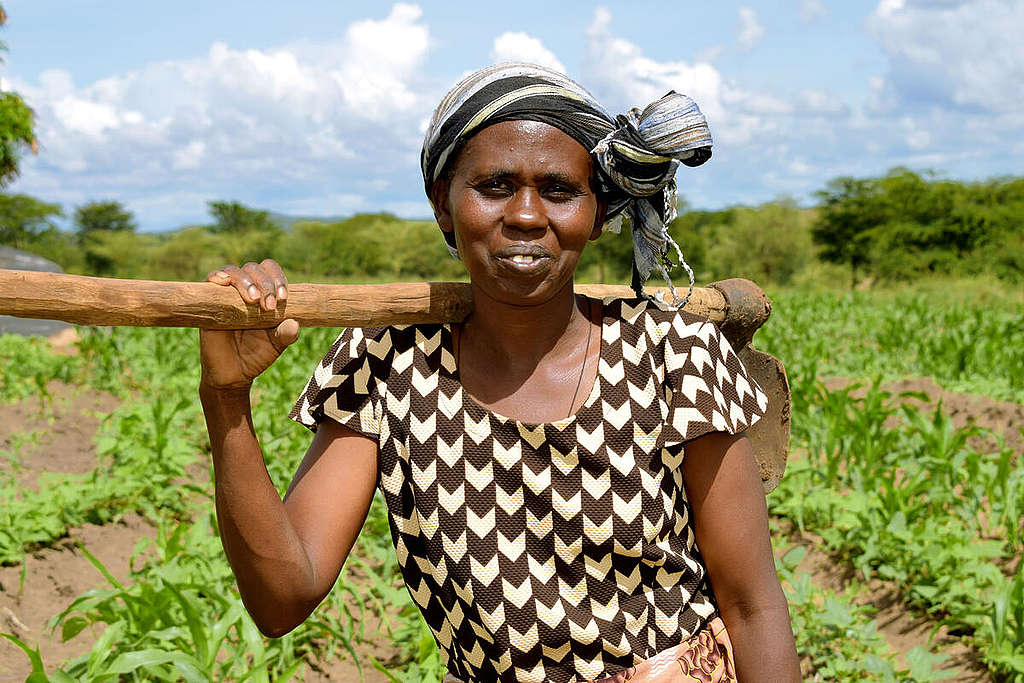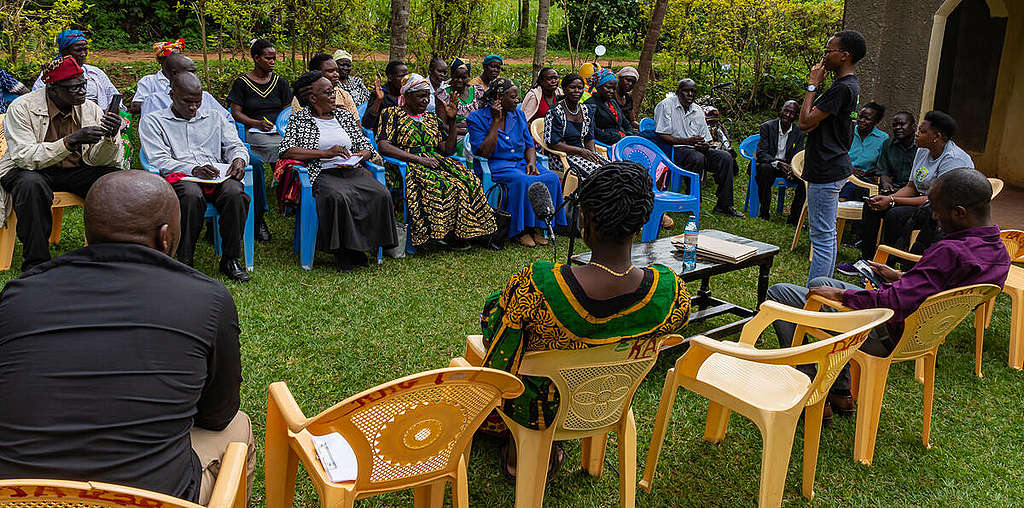Farmers from around Kenya are standing up to oppose a discriminatory new law passed by the Kenyan government that restricts the exchange or sale of Indigenous seeds - "the local seeds native to farmers' land and farming heritage."

Around the world, Indigenous Peoples and local communities (IPLCs) are at the forefront of the fight to stop biodiversity loss. The world is facing mass extinction on a global scale.
Indigenous seeds are not owned by international corporations like Bayer. These are biological resources that have existed within local farming communities for eons. Studies show that 90% of the seeds planted in Kenya come from the informal seed systems and that 80% of smallholder farmers who feed Kenya's population depend on these systems, where they share and exchange Indigenous seeds.

"During the planting season, most don't have the money to buy seeds, [so] we save seeds for ourselves," Petronilah Olunga, a farmer in Kakamega, Kenya. "Why should the government see this as an offense?"
That traditional system is under threat by this law, which would punish anyone with a prison sentence up to two years and/or a fine of up to KES 1,000,000 (about EUR 8,000) if they are found selling and exchanging unregistered and uncertified seeds, or even if they are not registered as official seed merchants.
The law has not gotten much publicity, but farmers are voicing their opposition loudly in collaboration with groups like Seed Savers Network and Greenpeace Africa.
"The farmers should be consulted. And that freedom of choosing your own seeds or producing your own seeds as a community or as a farmer needs to be there," said Samuel Wathome, a farmer in Matungulu, Kenya.
August Rick is International Communications Officer at Greenpeace East Asia.






